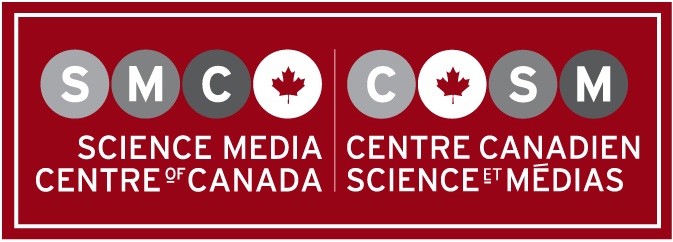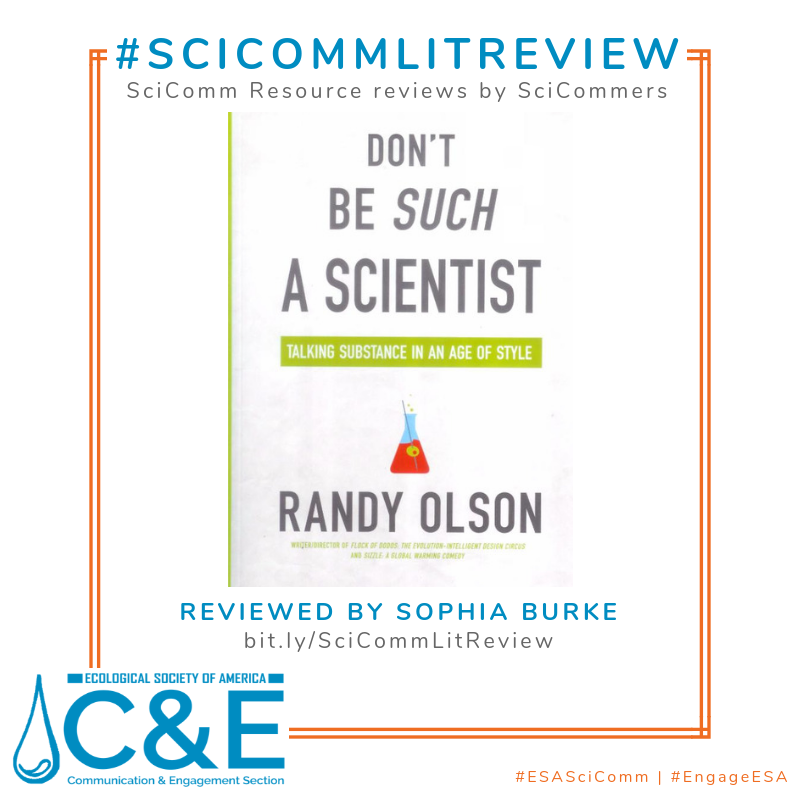
Resource of the Week: A (new) Conceptual Framework for the Social Value of Research
Read full paper here. Quoting from the abstract: “There is widespread interest in evaluating the social impacts of research and other scholarly activities. Conventional metrics for social impacts focus on economics or wealth creation, such as patents or technology transfer. These kinds of metrics are less appropriate for many scholarly fields, and miss the specific social concerns or needs that…


















